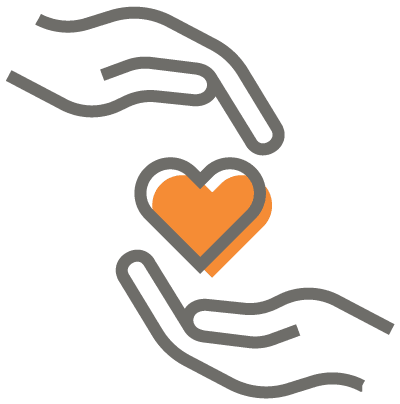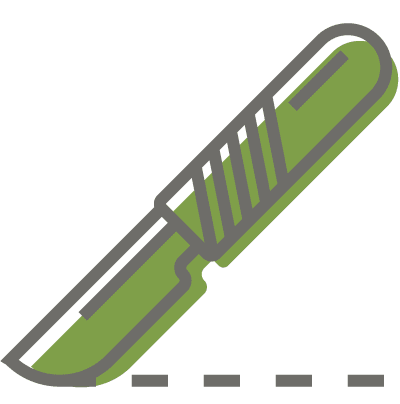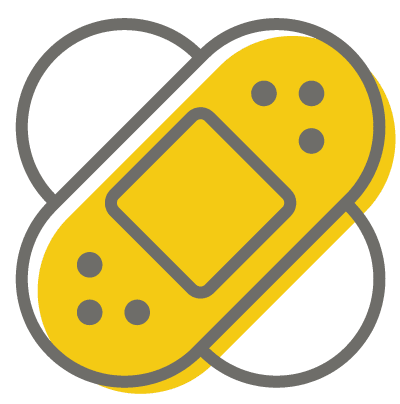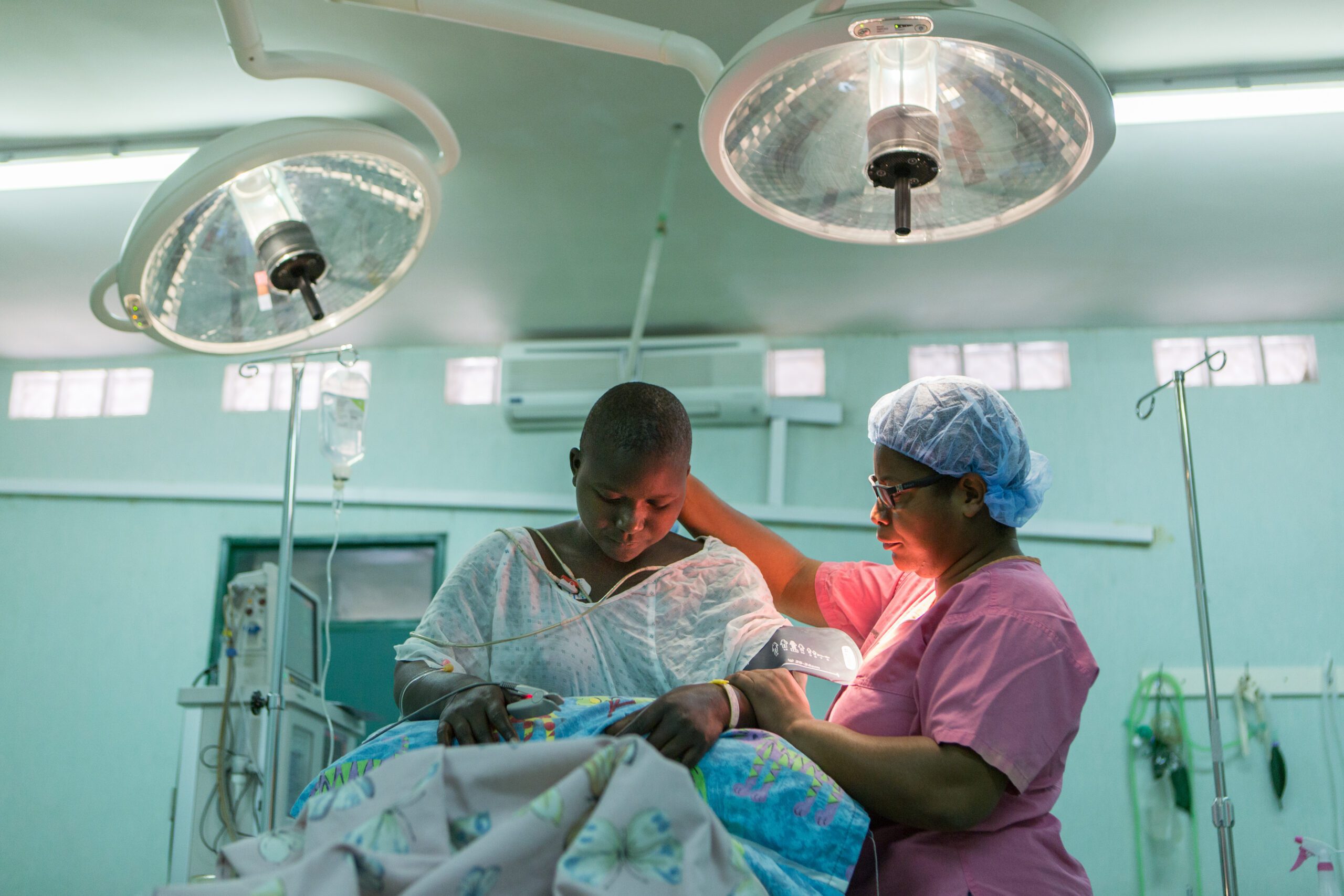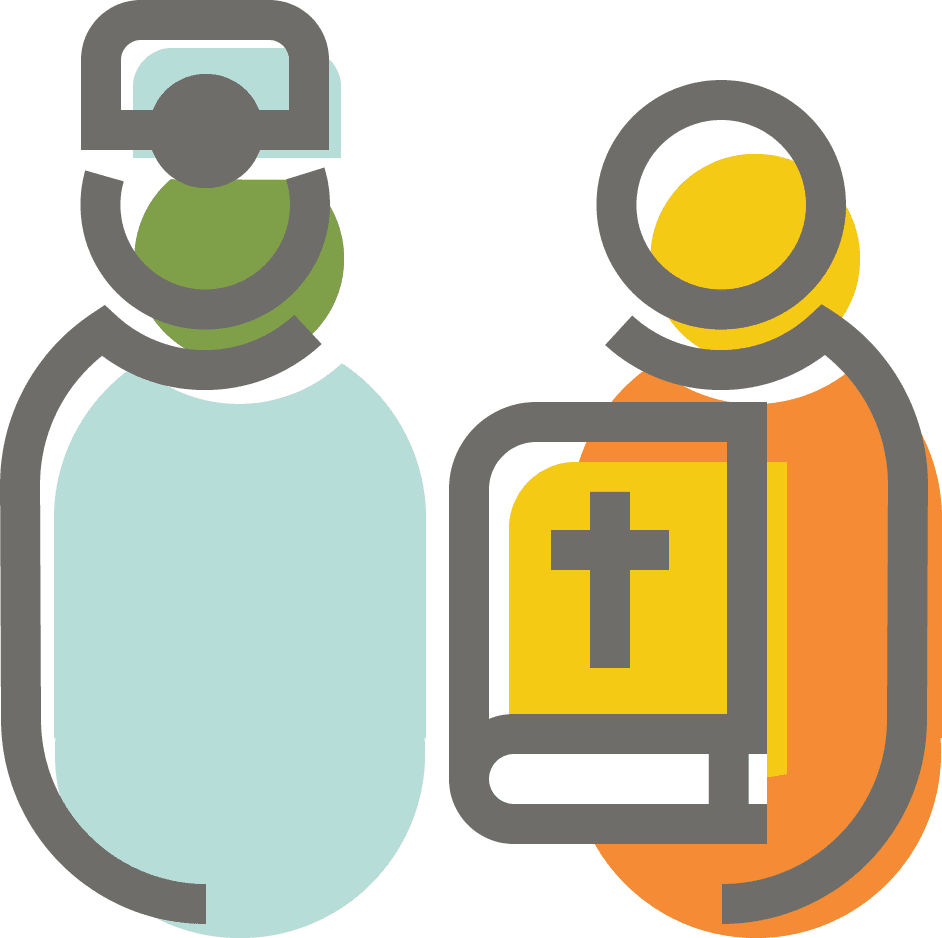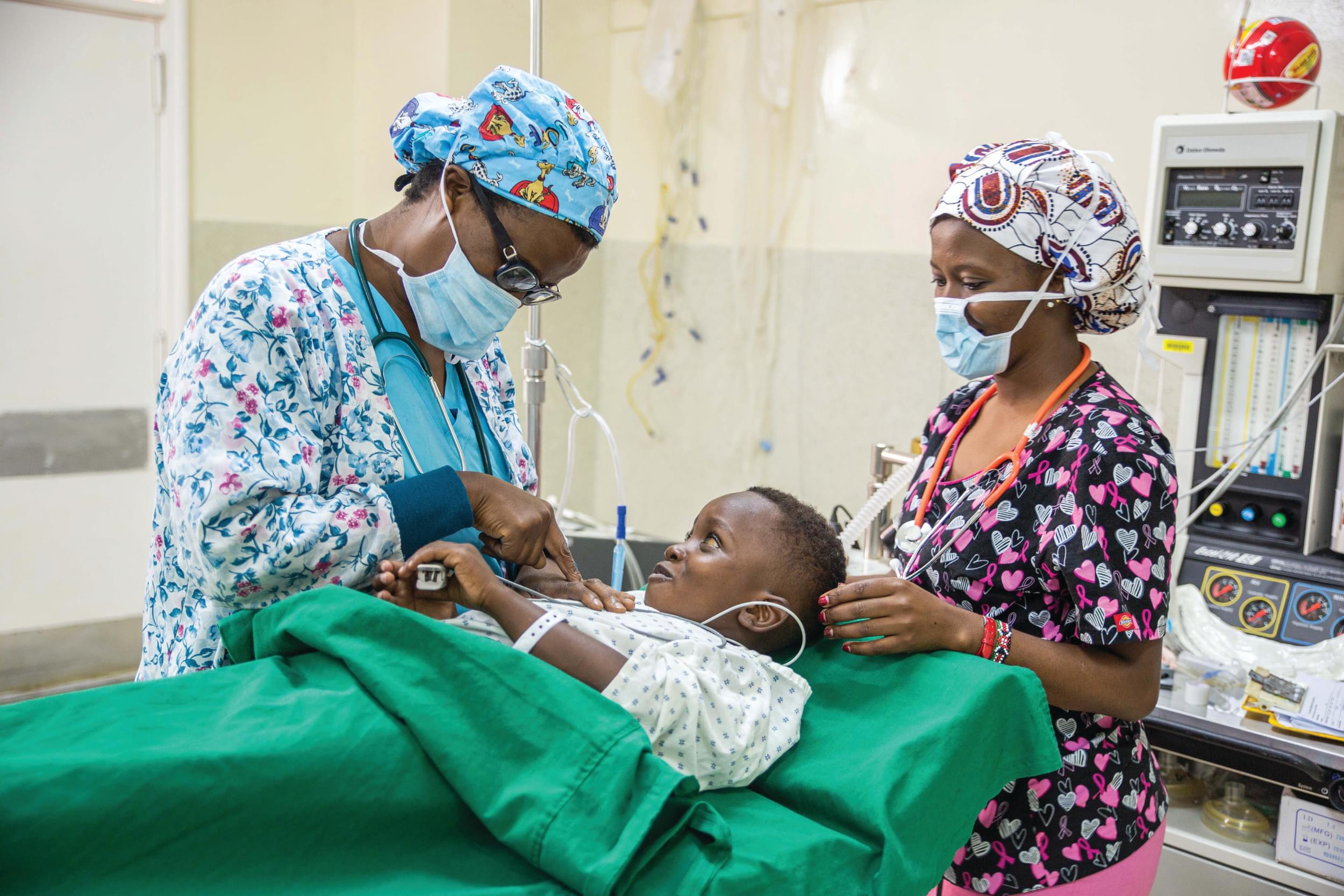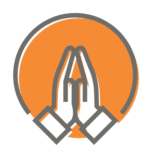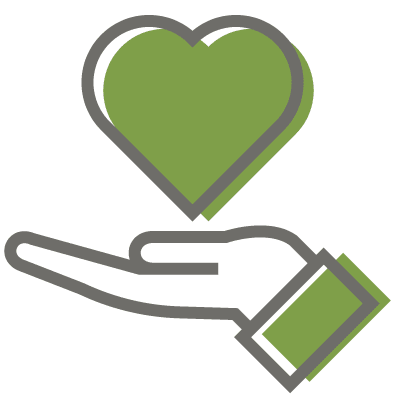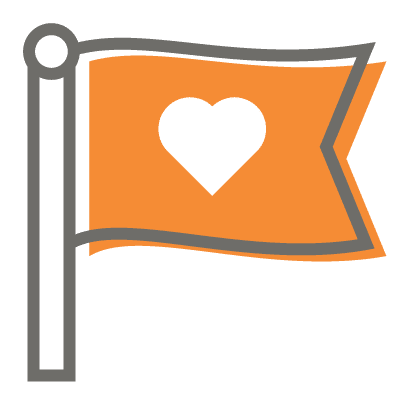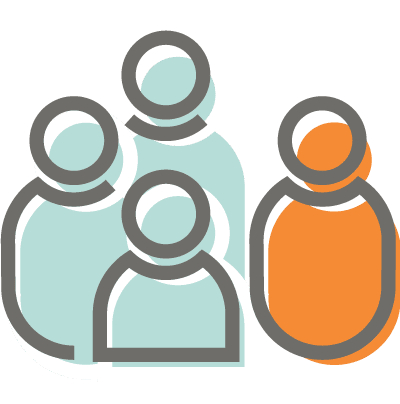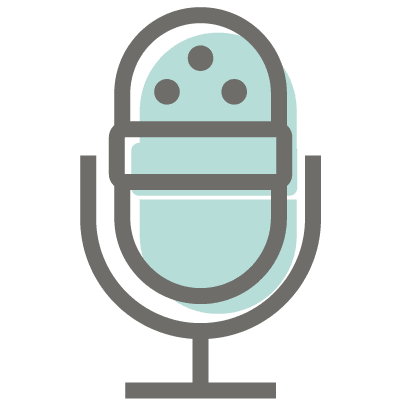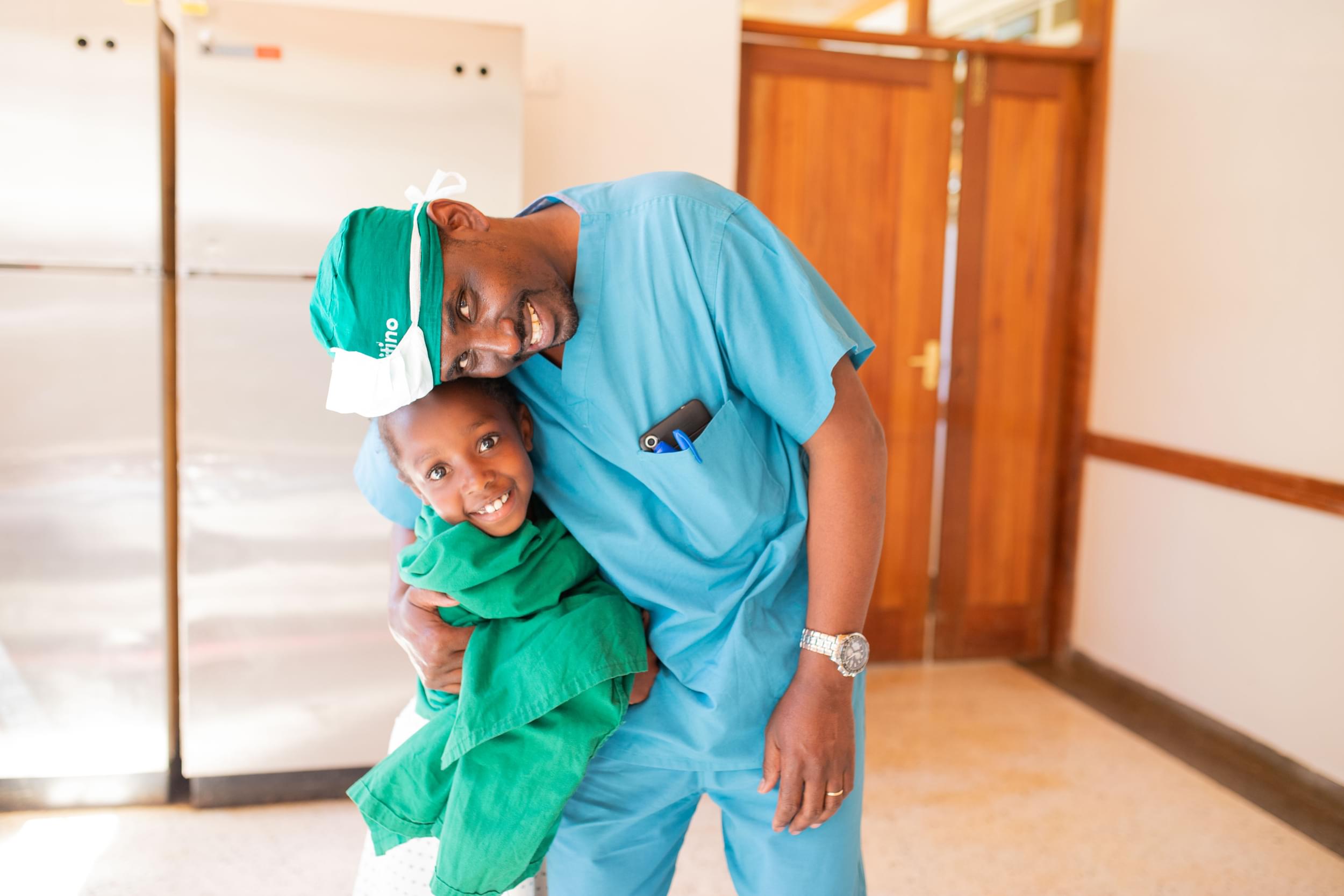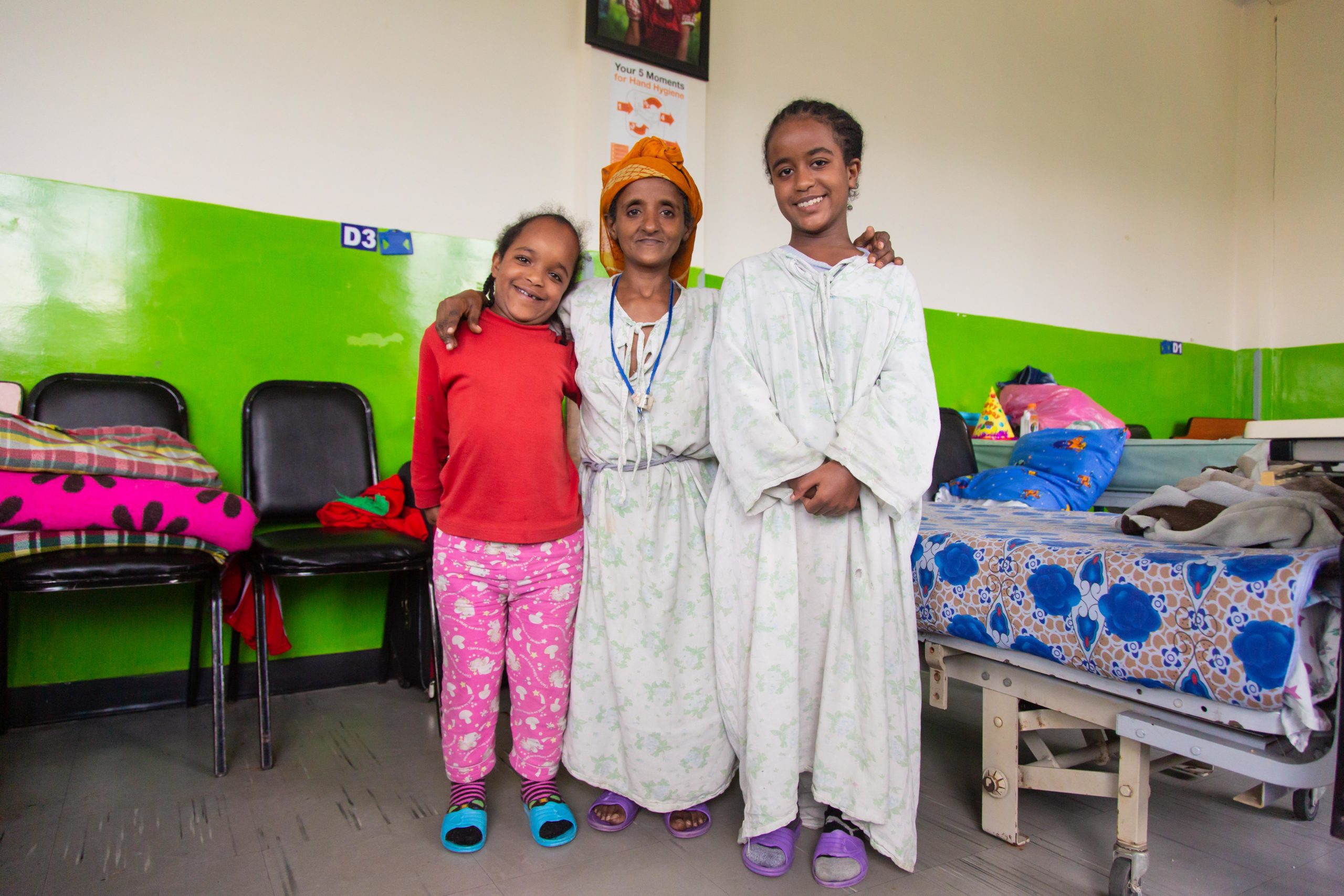
At first glance, sisters Fatuma and Meriyem seem just about as opposite as can be. Fatuma, the older of the two, is more reserved and reflective. She tends to prefer the background during group activities, but she is also quick with her sweet smile. Meriyem, on the other hand, is a rambunctious ball of energy and a mischievous little prankster. She dishes out jokes just as well as she invites them, and her hysterical laugh can be heard long before her braided little head pops into view.
Even when, at a young age, their legs began to bend and deform, their conditions diverged in different directions. Fatuma developed “bow legs” where her legs warp outward in a rounded shape rather than going straight up and down as is normal. While Meriyem’s legs chose to go the other way, a condition called “knock knees.” Meriyem’s legs slanted inwards, literally causing her knees to hit (or knock into) each other every time she took a step.
Unfortunately, one thing these two young ladies had to share was the judgment and discrimination they received because of their disabilities. In Ethiopia, being different is dangerous. Traditionally, the strength and security of a community are tied to the “one-ness” or homogeneity of that community so having people who are different, like Fatuma and Meriyem, can be viewed as a threat. As a result, those with disabilities – even kids – are shoved aside and left to live on the fringes of society.
“I used to be so worried about my child, thinking will she never get a chance to walk or go to school or get married. In our village, life is hard if you have a disability like Fatuma’s.” – Hajo, Fatuma and Meriyem’s mother
For Fatuma and Meriyem, discrimination looked like constant judgmental stares and gossiping whispers that followed them wherever they would go. For young women, this is brutal. The emotional trauma can almost feel worse than the physical pain from their disabilities. Both Fatuma and Meriyem told us about the shame and embarrassment they felt every time they left their home. Almost to the point where they didn’t want to go out at all.

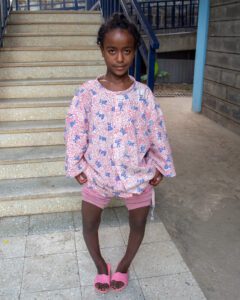
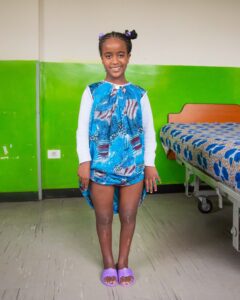

Thankfully, their mother, Hajo, is a warrior of a woman who refused to accept that her daughters would not have a better life. She knows first-hand the discrimination that comes along with being different since she is slightly shorter than most others in her community. While she can’t do anything to change her situation, she has a fiery belief that she can help her daughters change theirs. Hajo moved figurative mountains in her search for healing for her daughters, and her determination was rewarded when the last hospital she tried referred her here to CURE Ethiopia.

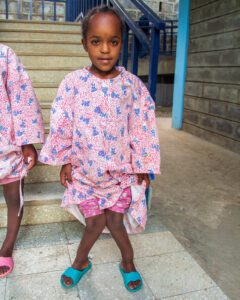
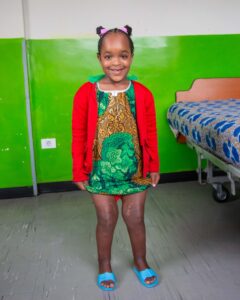

It took them two long days of traveling, but when Hajo, Fatuma, and Meriyem arrived at our door, in early March of 2020, they promptly received their first surgery to straighten their legs. Over their six-month stay with us, Meriyem received two surgeries, Fatuma three, and both went through hours upon hours of physical therapy. For cases like these that require long-term supervised healing for patients, who live long distances from the hospital, we’re blessed to have the Rees-Jones Foundation (RJF) Long-Term Patient Ward. This is where patients can take the time they need to properly heal.
“If I didn’t get these operations, it means that I would have had to stay home forever and ever because walking always hurt. I couldn’t continue my school, and I couldn’t go outside to play with my friends. I wouldn’t have any use!” – Meriyem
Another perk of the RJF ward is the intentional relationships that form there, both between patients and between patients and our staff. Over their time here, both Fatuma and Meriyem were consistently shown the love of God by our staff, who reinforced that these young women are worthy of love and respect no matter if their legs are straight or not. They experienced the healing qualities of laughter with CURE Ethiopia’s Child Mentor Temesgen. They made joyful noises with counselor and musician Nahom while learning the lessons in the songs like “Fiker. Fiker. Exaber fiker now,” which in English means “Love. Love. God is love.” They received friendship and mentorship from RJF Ward Head Nurse Tizu and received intentional counseling from Chaltu who speaks their mother tongue.
Over the months the sisters stayed with us we bonded, and there was a sadness in the air when it came time for them to return home on their newly straight legs. But that’s the point of what we do here at CURE. Our purpose is to give children and families the chance they need to live a better life for themselves.
“Thank you very much. I love you all, and I won’t forget what you have done for me.” – Fatuma
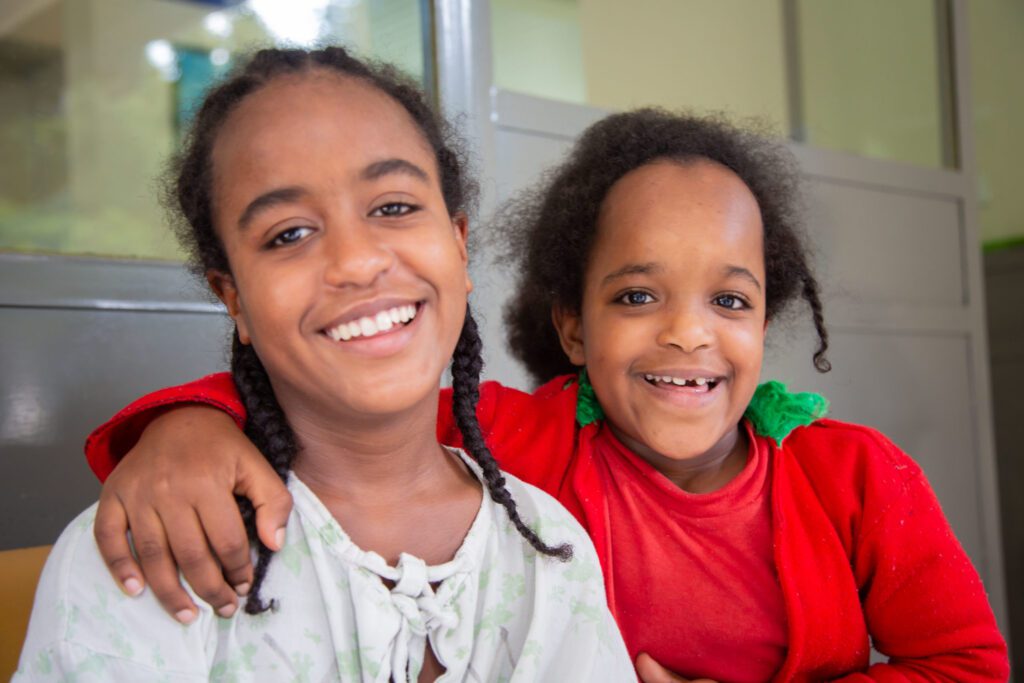

About CURE International
CURE International is a Christian nonprofit organization that operates a global network of pediatric surgical hospitals, which serve one of the world’s most marginalized and vulnerable populations – children with disabilities. Patients at CURE hospitals suffer from orthopedic, neurosurgical, and maxillofacial conditions that limit their mobility/functionality and opportunities for education and employment. In addition to world-class clinical service, CURE intentionally ministers to the emotional and spiritual needs of patients in its care and invests in training programs that aim to equip the next generation of health workers and strengthen national health care systems. Since inception, CURE has conducted more than 5.3 million patient visits and 330,000 surgical procedures around the world. For more information, visit https://cure.org/.

